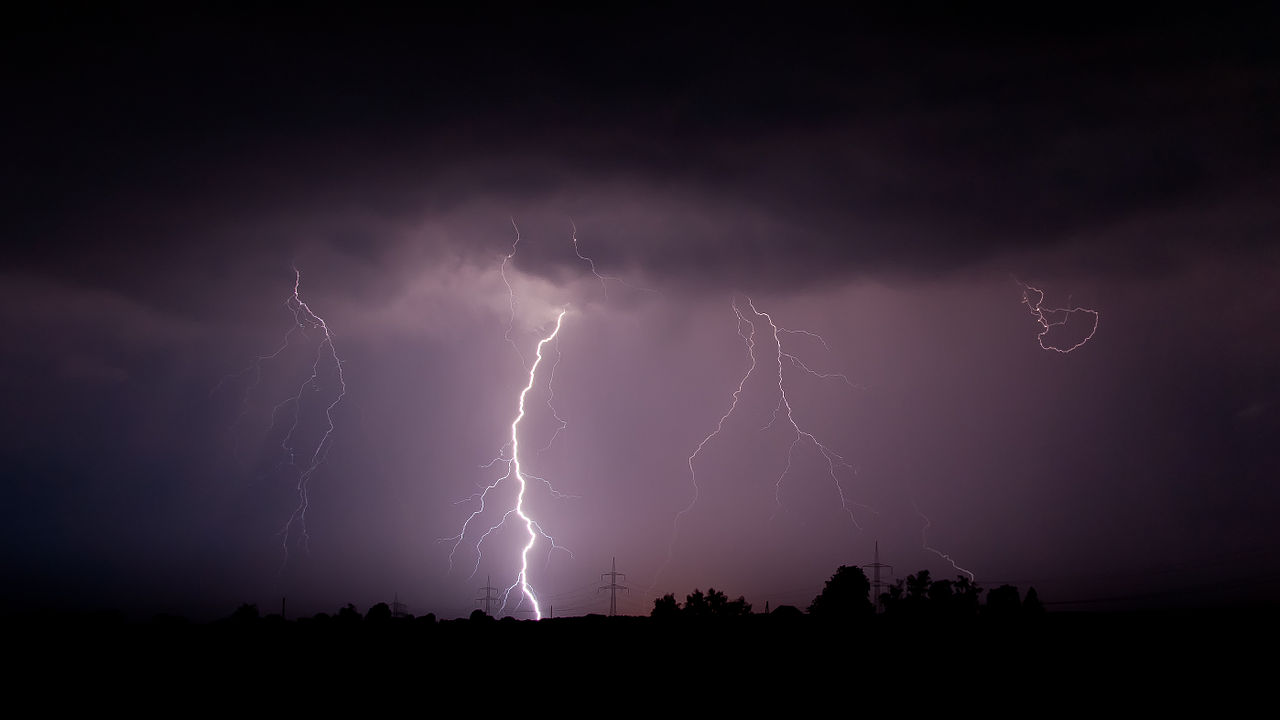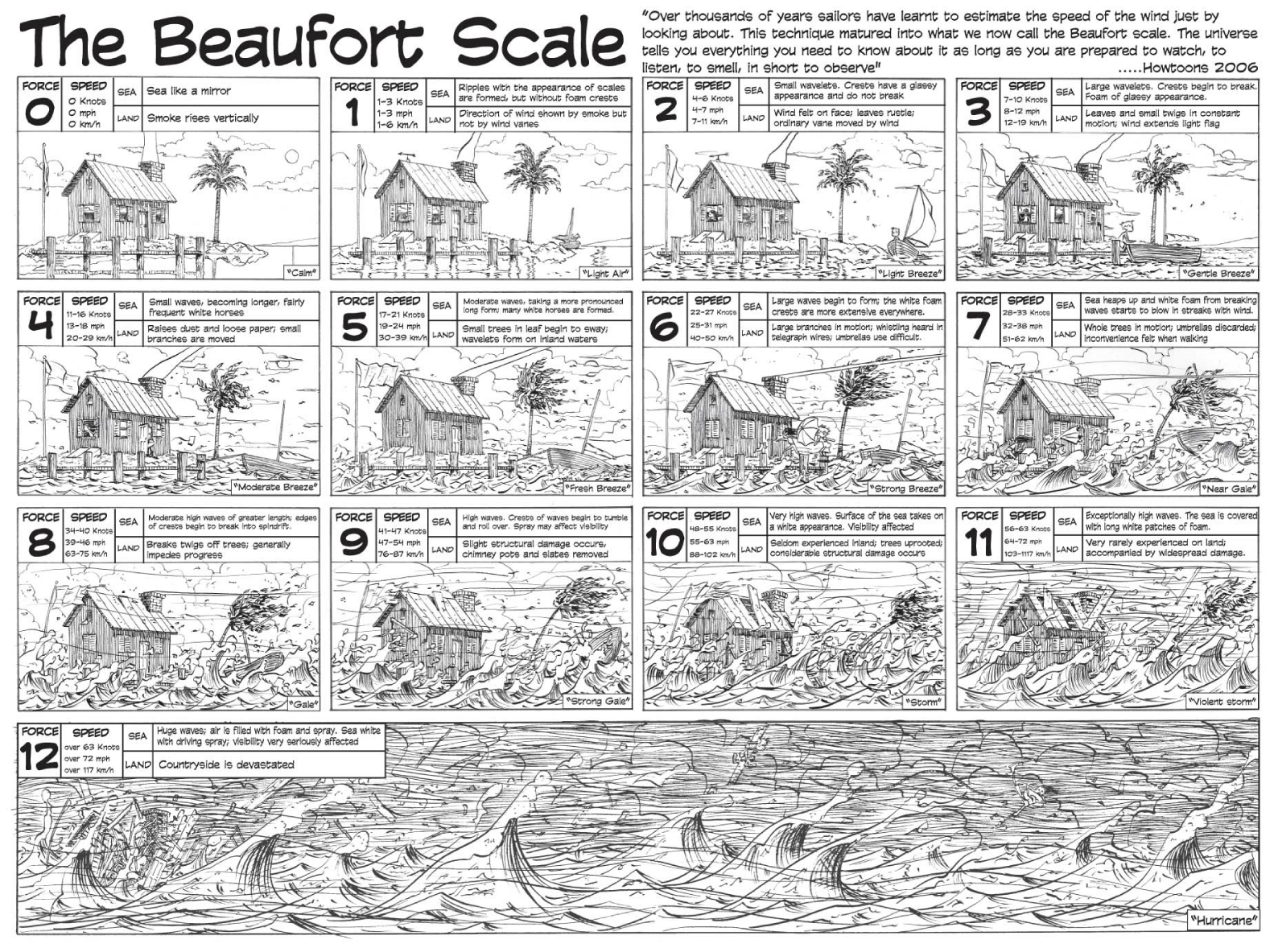Difference between revisions of "Control Weather (spell)"
Tao alexis (talk | contribs) |
Tao alexis (talk | contribs) |
||
| Line 1: | Line 1: | ||
| − | + | {{Spelltable | |
| name = Control Weather | | name = Control Weather | ||
| range = self | | range = self | ||
| Line 11: | Line 11: | ||
Allows the cleric to change the [[Temperature Grades|conditions]] and [[Wind Force|wind force]] of the locality, depending upon the previous conditions. | Allows the cleric to change the [[Temperature Grades|conditions]] and [[Wind Force|wind force]] of the locality, depending upon the previous conditions. | ||
| − | {| class="wikitable" style="float: | + | {| class="wikitable" style="float:right; margin-left: 15px; text-align: center; background-color:#d4f2f2;" |
|+Temperature | |+Temperature | ||
! Grade !! °C !! °F | ! Grade !! °C !! °F | ||
| Line 56: | Line 56: | ||
Shown are three tables that dictate how much the weather can be changed. "Temperature" provides a translation of individual "temperature grades", or conditions, into degrees Celsius or Fahrenheit (though neither scale exists as a measurement in the game world). The caster may reduce or increase the relative temperature no more than two grades. For example, "baking" could be reduced to merely "sweltering," or sweltering could be reduced to "balmy." An adjustment of 12-20 degrees Fahrenheit can have a remarkable effect upon the character's relative comfort. | Shown are three tables that dictate how much the weather can be changed. "Temperature" provides a translation of individual "temperature grades", or conditions, into degrees Celsius or Fahrenheit (though neither scale exists as a measurement in the game world). The caster may reduce or increase the relative temperature no more than two grades. For example, "baking" could be reduced to merely "sweltering," or sweltering could be reduced to "balmy." An adjustment of 12-20 degrees Fahrenheit can have a remarkable effect upon the character's relative comfort. | ||
| + | [[File:Control Weather.jpg|left|315px|]] | ||
| + | WORKING ... | ||
The particular weather determines the conditions the cleric may choose — regardless of whatever they were previously. Thus, if the temperature is brisk, the cleric may choose a light fog or a drizzle; if the temperature were warm, the cleric may make threatening clouds or an actual thunderstorm. Only those conditions adjacent to those temperatures may be chosen. A blizzard cannot occur if the temperature is greater than icy; a drizzle cannot occur if the temperature is pleasant or higher. | The particular weather determines the conditions the cleric may choose — regardless of whatever they were previously. Thus, if the temperature is brisk, the cleric may choose a light fog or a drizzle; if the temperature were warm, the cleric may make threatening clouds or an actual thunderstorm. Only those conditions adjacent to those temperatures may be chosen. A blizzard cannot occur if the temperature is greater than icy; a drizzle cannot occur if the temperature is pleasant or higher. | ||
Revision as of 18:21, 26 August 2020
| Range | self |
| Duration | 4-48 hours |
| Area of Effect | 4-16 square miles |
| Casting Time | 3 rounds |
| Saving Throw | none |
| Level | cleric (7th); druid (7th) |
Allows the cleric to change the conditions and wind force of the locality, depending upon the previous conditions.
| Grade | °C | °F |
|---|---|---|
| polar | -40 or less | -40 or less |
| arctic | -35 to -39 | -30 to -39 |
| bitterly cold | -29 to -34 | -20 to -29 |
| very cold | -24 to -28 | -10 to -19 |
| cold | -18 to -23 | 0 to -9 |
| wintry | -12 to -17 | 1 to 9 |
| icy | -7 to -11 | 10 to 19 |
| frosty | -2 to -6 | 20 to 29 |
| chilly | -1 to 4 | 30 to 39 |
| brisk | 5 to 9 | 40 to 49 |
| cool | 10 to 15 | 50 to 59 |
| pleasant | 16 to 21 | 60 to 69 |
| warm | 22 to 26 | 70 to 79 |
| balmy | 27 to 32 | 80 to 89 |
| sweaty | 33 to 37 | 90 to 99 |
| sweltering | 38 to 43 | 100 to 109 |
| feverish | 44 to 48 | 110 to 119 |
| baking | 49 to 54 | 120 to 129 |
| scorching | 55 or more | 130 or more |
Shown are three tables that dictate how much the weather can be changed. "Temperature" provides a translation of individual "temperature grades", or conditions, into degrees Celsius or Fahrenheit (though neither scale exists as a measurement in the game world). The caster may reduce or increase the relative temperature no more than two grades. For example, "baking" could be reduced to merely "sweltering," or sweltering could be reduced to "balmy." An adjustment of 12-20 degrees Fahrenheit can have a remarkable effect upon the character's relative comfort.
WORKING ...
The particular weather determines the conditions the cleric may choose — regardless of whatever they were previously. Thus, if the temperature is brisk, the cleric may choose a light fog or a drizzle; if the temperature were warm, the cleric may make threatening clouds or an actual thunderstorm. Only those conditions adjacent to those temperatures may be chosen. A blizzard cannot occur if the temperature is greater than icy; a drizzle cannot occur if the temperature is pleasant or higher.
Finally, the wind force may be stirred up as much as the cleric desires, within the range which the cleric has chosen. Thus, if the cleric has decided that there is a light fog, then the wind force chosen cannot be greater than 0 or 1. The wind force limitations table can be found below.
The Beaufort Scale graphic gives a clear vision regarding the effects of wind force.
The time necessary for the change in weather to take place is 10 to 40 rounds (10d4), or between 2 and 8 minutes. If the weather is significantly altered, such as producing or eliminating precipitation, or changing the wind more than three points of force, the effect is so powerful that creatures must make morale check if they are in combat, or else they will break and retreat until the full change of the weather has taken place.
Hurricanes may be started only under certain circumstances — in the deep ocean, where the temperature is either sweaty or sweltering and the water itself is warm and calm. It is not sufficient to raise the (air) temperature to that degree, as this would not sufficiently warm the water; however, the air can be cooled to the sufficient amount — if it imaginably that much hotter where the ocean modifies the temperature.
| Grades | possible conditions |
|---|---|
| polar to icy | blizzard, clear (no clouds), cloudy (10% to 75% cover), flakes (very light snow), flurries, low clouds (100 ft. ceiling), overcast |
| frosty or chilly | clear, cloudy, flakes, flurries, fog (light to heavy), ice storm, low clouds, mist (freezing or chill), overcast, sleet |
| brisk or cool | clear, cloudy, drizzle, fog (light), low clouds, overcast, showers |
| pleasant to sweltering | clear, cloudy, overcast, showers, sunny, threatening clouds, thunderstorm (and hurricane in special conditions) |
| feverish to scorching | clear, cloudy, overcast, showers, sunny |
| Conditions | Wind Force min/max |
|---|---|
| blizzard | 7 to 11 |
| clear | 0 to 6 |
| cloudy | 0 to 5 |
| drizzle | 0 to 3 |
| flakes | 0 to 3 |
| flurries | 4 to 6 |
| fog (light) | 0 to 1 |
| fog (moderate/heavy) | 0 |
| hurricane | 12 |
| ice storm | 0 to 1 |
| low clouds | 0 to 1 |
| mist (chill) | 0 to 2 |
| mist (freezing) | 1 to 2 |
| overcast | 3 to 6 |
| showers | 4 to 8 |
| sleet | 3 to 6 |
| sunny | 0 to 2 |
| threatening clouds | 5 to 10 |
| thunderstorm | 6 to 11 |

